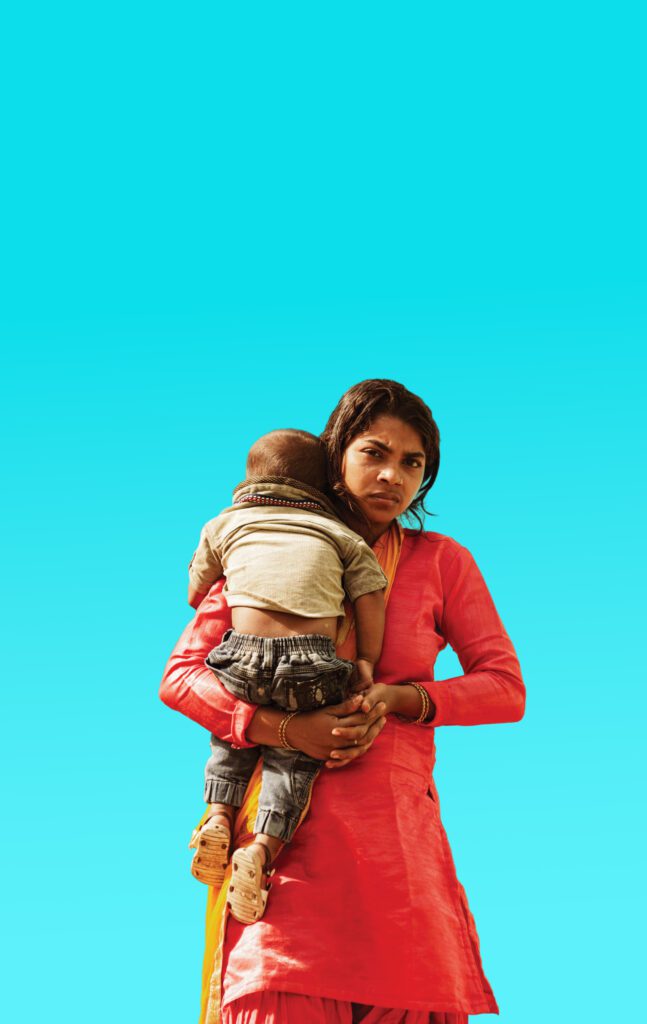
Despite rising employment rates and the promise of economic recovery ahead, millions of Americans are still facing extraordinary financial hardship brought on by the pandemic. Americans collectively owe more than $57 billion in rent, and more than 11.5 million Americans are facing homelessness. The disproportionate impact of economic hardship on communities of color is nothing new, reflecting long standing racial inequities that create pockets of poverty across the United States.
In this session, panelists dived deeper into our nation’s intersecting housing, hunger, and poverty crises. From housing affordability and income inequality to redlining and disinvestment in communities that leads to segregation, they explored the systems and structures that contribute to housing inequality, all of which come with significant financial, educational, health, and opportunity costs for people of color. Panelists also put forth policies and practices that can move the needle on equitable housing and the redistribution of wealth and resources.
Panelists included:
- Sarah Saadian, Vice President of Public Policy, National Low Income Housing Coalition
- Winsome Pendergrass, Housing Rights Activist, Housing Justice for All & New York Communities for Change
- Jesse Kanson-Benanav, Executive Director, Abundant Housing MA


